Climate resilience and adaptation
Improving the resilience of countries, companies and communities through adaptation to the current and future climate is absolutely critical to sustainable economic growth and development across the world. The impacts of climate change through, for example, sea level rise and intensification of many extreme weather events, are already undermining sustainable development, particularly in vulnerable and exposed poor countries. Even if the world is successful in meeting the goal of the Paris Agreement to limit the rise in global mean surface temperature to well below 2°C, and ideally 1.5oC, the world will be subject to growing impacts of climate change for many decades to come. Only a massive step change in the pace of adaptation and transformational increases in resilience will safeguard further rises in living standards, prosperity and well-being.
Climate adaptation is a cross-cutting research theme at GRI, with several projects embedded in GRI’s research themes, particularly the Sustainable Development, Governance and Legislation and Sustainable Finance themes.
Our geographic focus spans from the UK to developing countries and we work closely with decision makers, industry and civil society to support climate resilience and climate adaptation.
Key adaptation and resilience focus areas at GRI
Adaptation and climate resilience in the UK
- The Institute is a regular contributor to the UK’s Climate Change Risk Assessment.
- UK Wine sector: Climate resilience in the UK wine sector – CREWS-UK
- UK flood resilience, urban decision making and financial instruments: Zurich Flood Resilience Alliance (ZFRA)
Role of insurance in supporting climate resilience
- Evaluating the Resilience Impact of Climate Insurance (ERICI)
- Zurich Flood Resilience Alliance (ZFRA)
- Where next for sustainable insurance?
Adaptation, climate resilience and sustainable development
- The economic impact of El Niño-related floods and drought on small and medium enterprises in Botswana, Kenya and Zambia
- Pathways to resilience in semi-arid economies (PRISE)
- Uncertainty reduction in models for understanding development (UMFULA)
- Evaluating the Resilience Impact of Climate Insurance (ERICI)
- The Development Corridor Partnership
- Triple Dividend of Resilience
Commentaries and publications

Commentaries and publications
The world will not avoid dangerous levels of climate change without a significant increase in investment. This commentary presents three priorities for climate finance for the achievement of the Paris targets and the protection of the world's most vulnerable communities. Read more
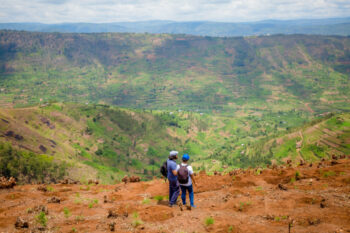
This WRI working paper analyzes the full benefits of climate change adaptation investments, divided into three types of dividends. Read more

Business decisions taken today will impact both the ability to transition to net-zero and the ability to cope with the physical risks from climate change, writes Swenja Surminski, a lead author on the Third UK Climate Change Risk Assessment being launched today. Read more
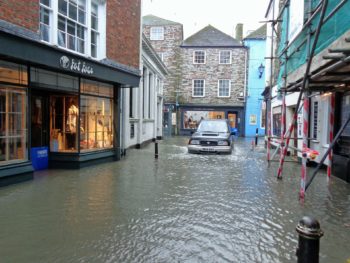
This open access book highlights the complexities around making adaptation decisions and building resilience in the face of climate risk.... Read more
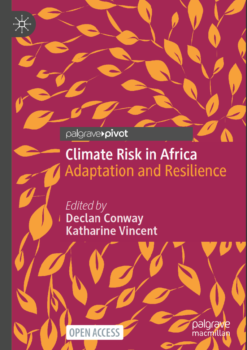
Making climate-resilient planning and adaptation decisions is, in part, contingent on the use of climate information. Growing attention has been... Read more

The COVID-19 crisis demonstrates the need to invest much more in pre-disaster risk reduction and preparedness for a range of risks, including climate change and its accompanying hazards such as flooding. But what, asks Swenja Surminski, does this kind of investment need to consider in practice – and why is ‘resilience’ not already widely taken into account when making policy and investment decisions? Read more
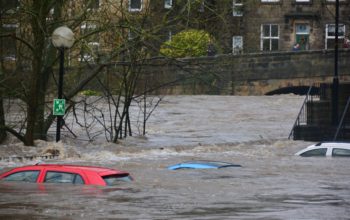
The severe flooding over the last two weeks in parts of Wales and England which destroyed homes, businesses and livelihoods... Read more
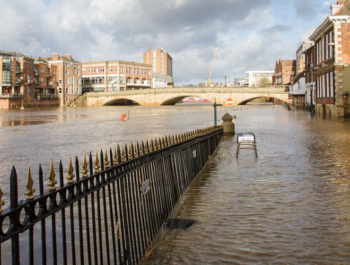
This working paper analyzes the status, types, and evolution of market-based disaster insurance schemes across developing Asia. Well-designed insurance schemes... Read more
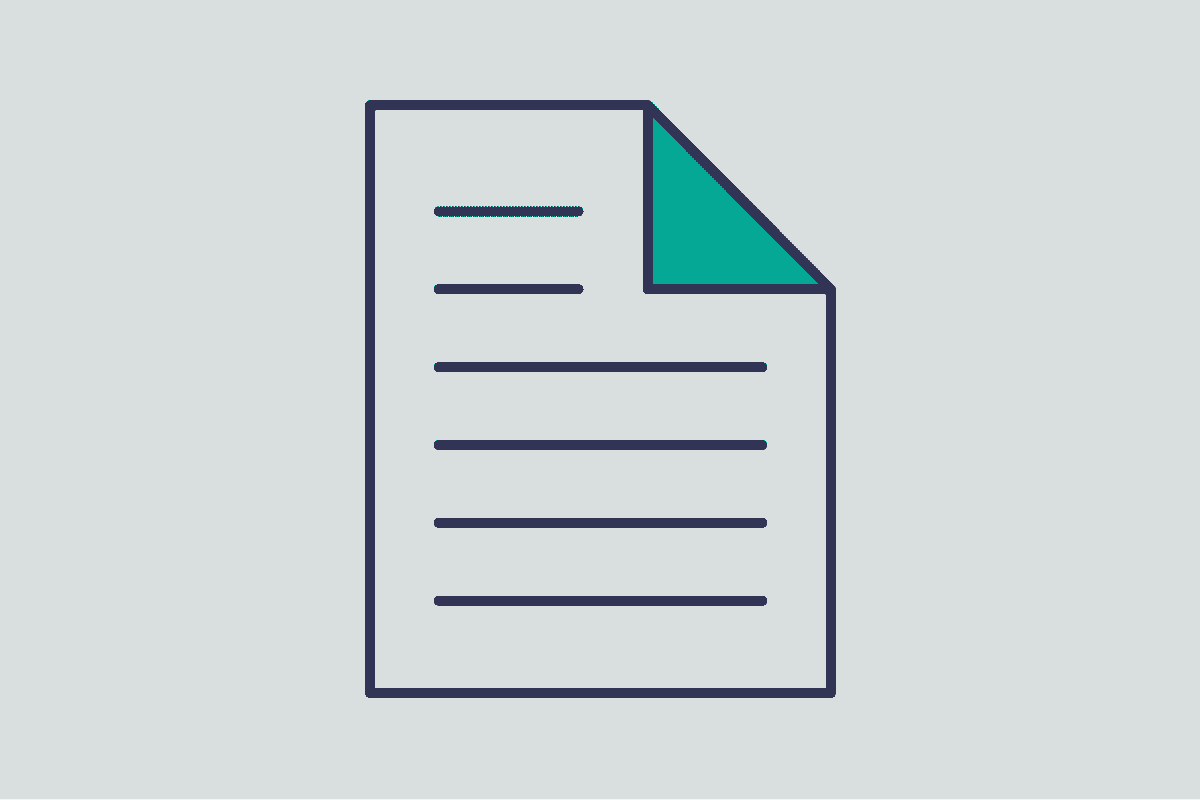
This brief introduces the concept of climate information and reasons for its use in major decisions about water, energy and agriculture, including new infrastructure investments. Read more

Extending climate risk disclosure to customers could yield a range of benefits for insurers, customers and the climate, but the industry will need to deepen the relationships that it holds with customers in order to achieve this, write Swenja Surminski and Sam Unsworth in this post for the Sustainable Finance Leadership series. Read more
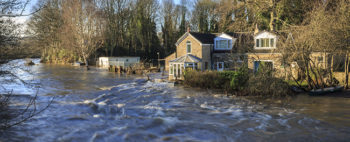
With recent growth in funding and research on “resilience building”, interest in climate services has risen dramatically. Included in this... Read more

This policy brief is a condensed version of our report on the Climate Change Act, summarising lessons for the UK and other countries, on how climate change legislation is best structured to be effective. Read more

Abstract The private sector is increasingly recognized as having important potential to help society adapt and become more resilient to... Read more

This paper investigates the extent to which, and how, small and medium-sized enterprises (SMEs) in poor countries are adapting to climate risks, finding that the ability of firms to respond depends on factors that can be shaped through policy intervention. Read more

Abstract Subjective approaches to resilience measurement are gaining traction as a complementary approach to the standard frameworks that typically contain... Read more

The Department for Environment, Food and Rural Affairs (Defra), with Michael Gove MP at the helm, must focus on building... Read more

Abstract This paper presents a model to assess the socioeconomic resilience to natural disasters of an economy, defined as its... Read more

PhD candidate, Jared J. Finnegan, gives an overview of 'The economics of climate-resilient development'. This new book explores the link between adaptation to climate change and economic development Read more
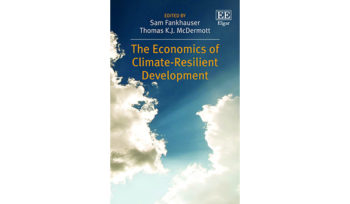
Some climate change is now inevitable and strategies to adapt to these changes are quickly developing. The question is particularly... Read more
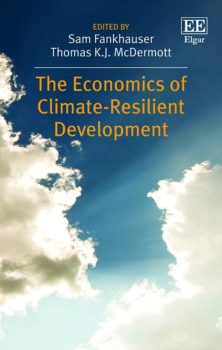
In Fankhauser, S. and McDermott, T., eds. Economics of Climate Resilient Development. Edward Elgar. Read more

Insurance is gaining importance in and beyond the climate negotiations and offers many opportunities to improve climate risk management in... Read more

Developing countries should tackle the twin opportunities of climate resilience and economic resilience together argue Adriana Kocornik-Mina and Samuel Fankhauser. Read more

Adaptation presents developing countries with the ultimate dual challenge – building a rapidly evolving, sustainable economy within an environment increasingly altered by the impacts of climate change. To meet this challenge, adaptation policy must find balance and create synergy between the two, as climate resilience and economic resilience go hand in hand. Read more


